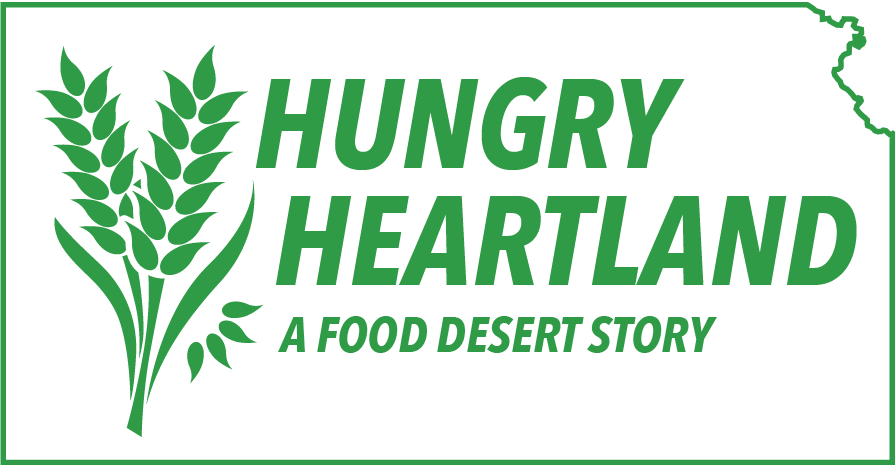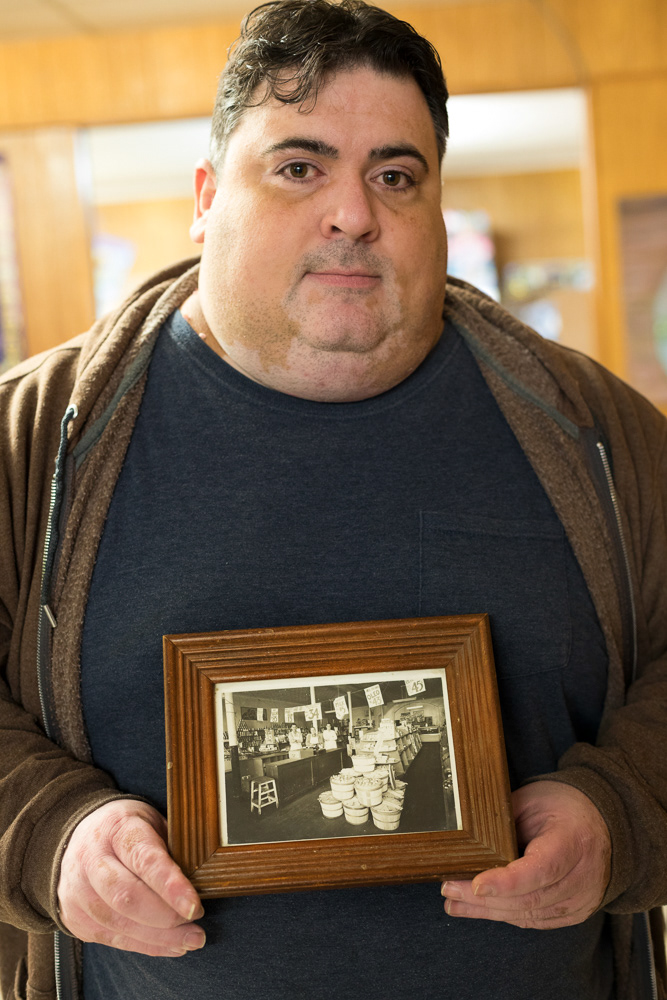
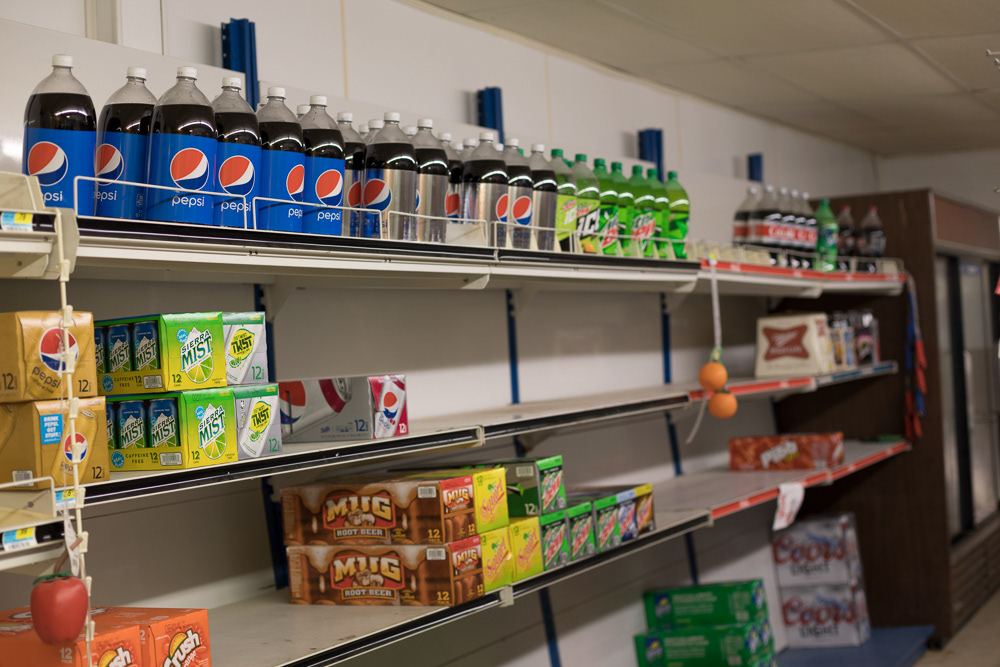
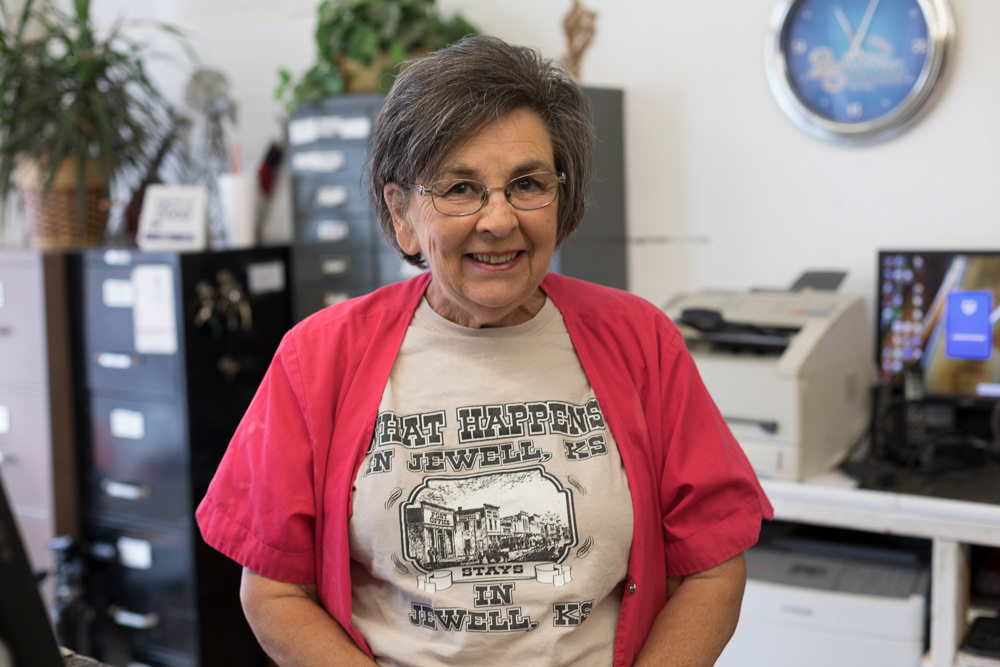
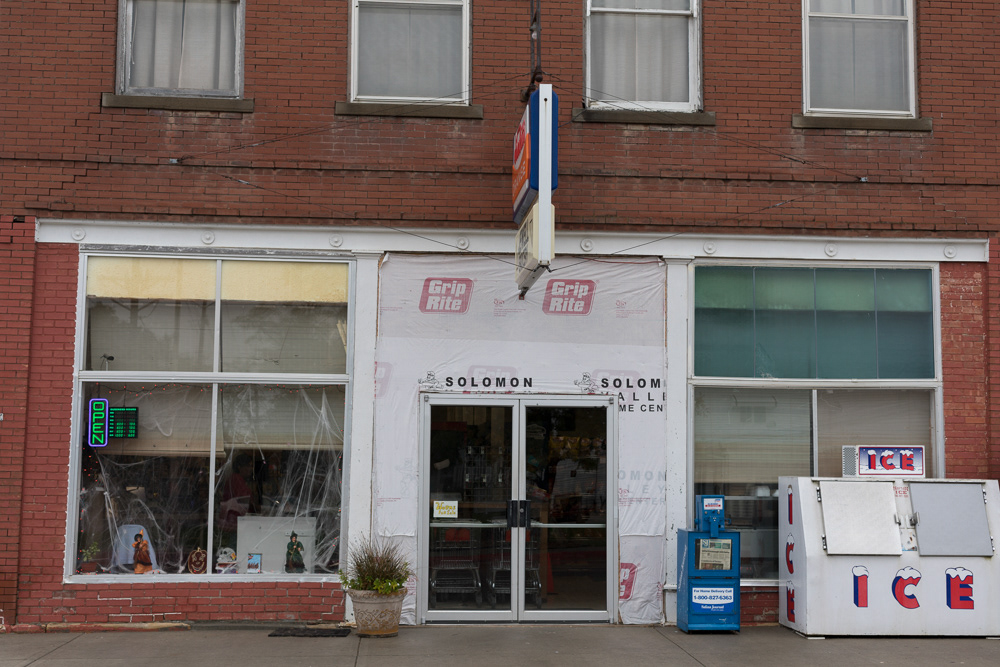
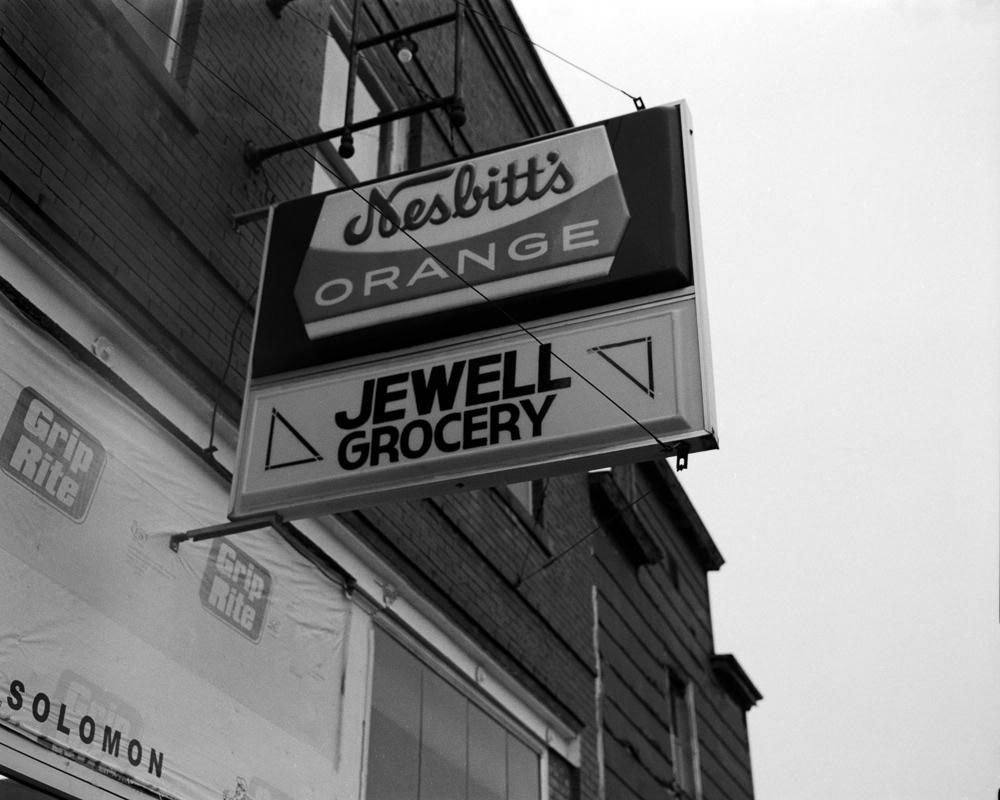
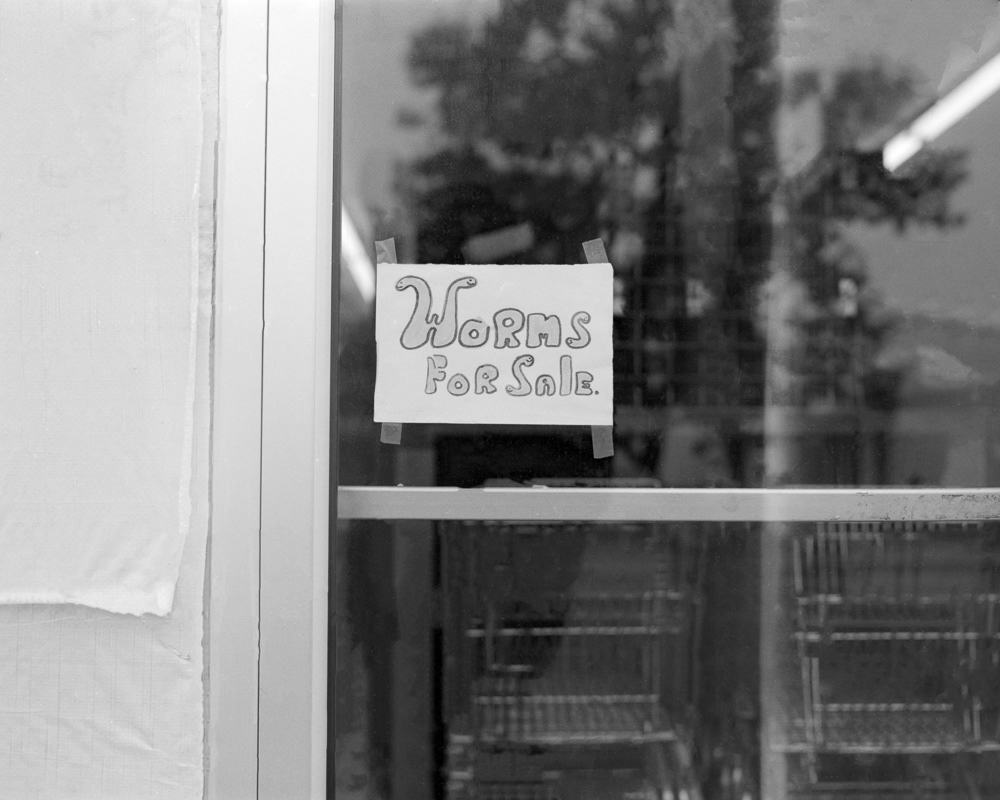
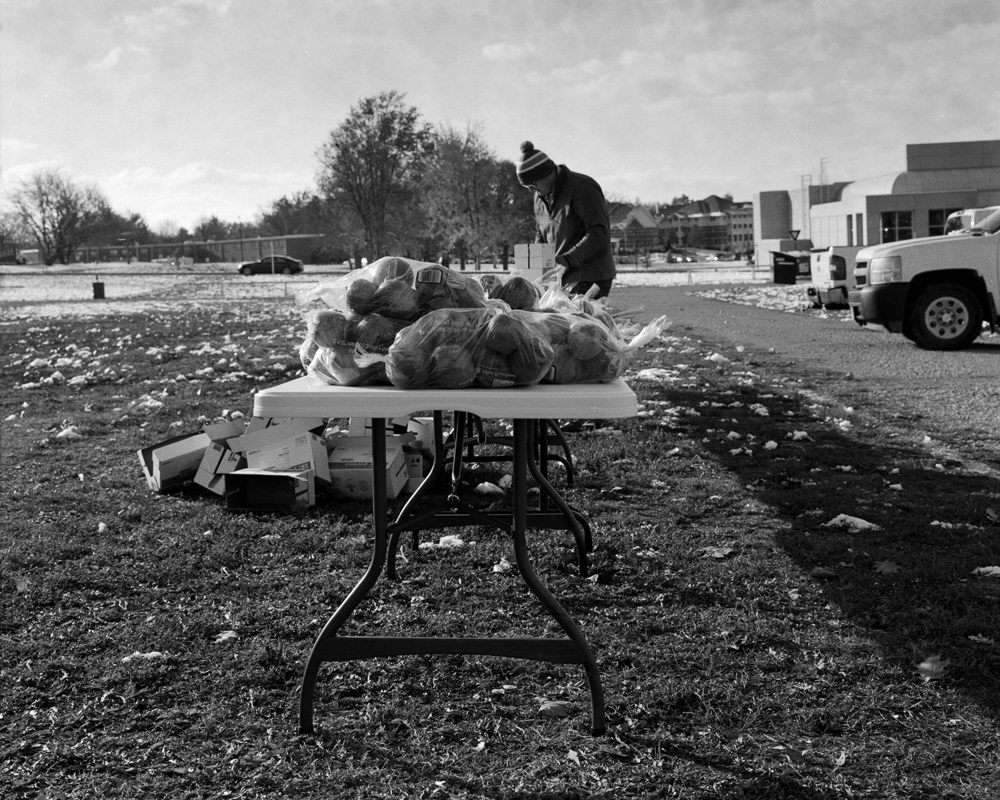
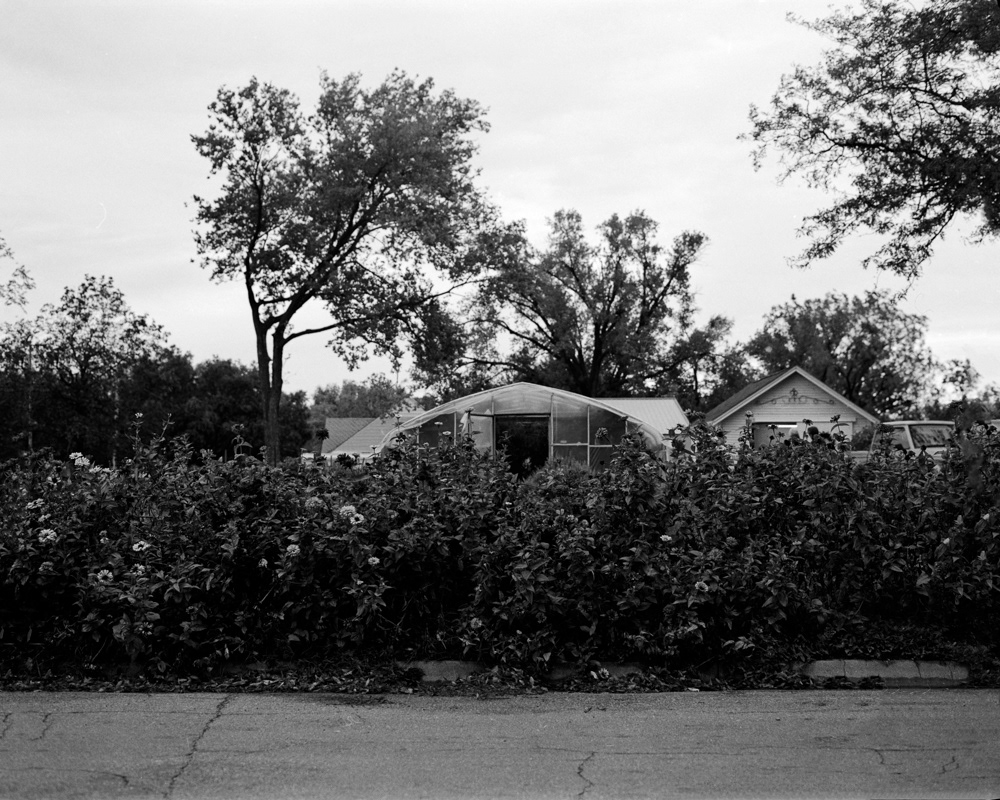
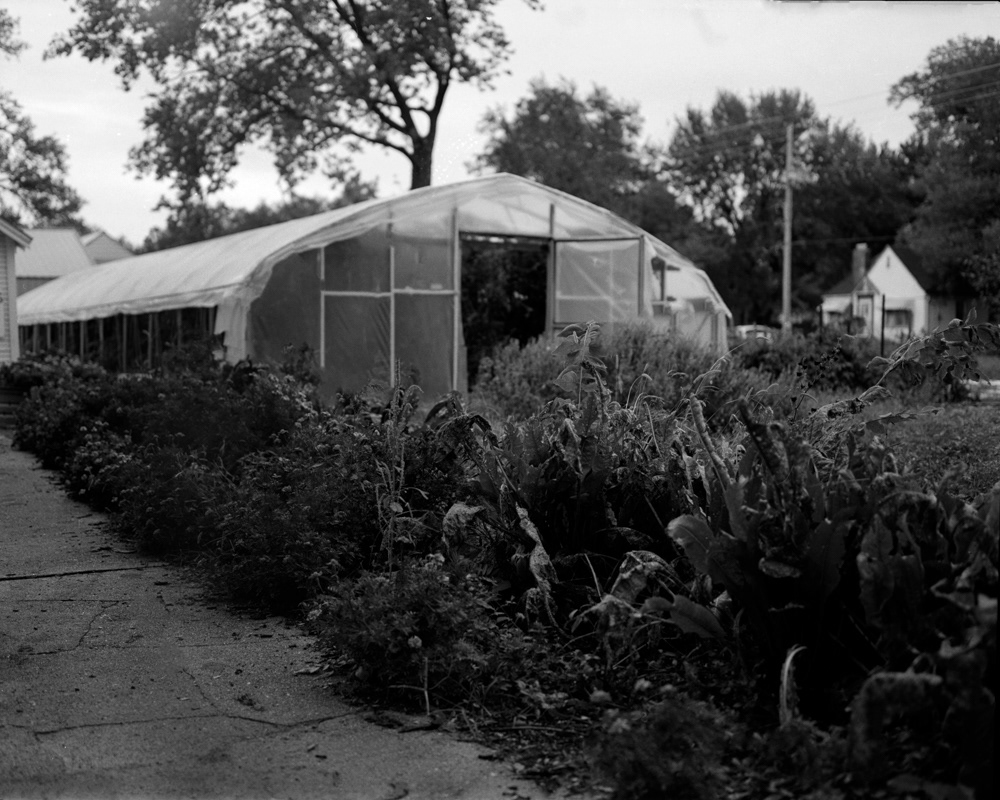
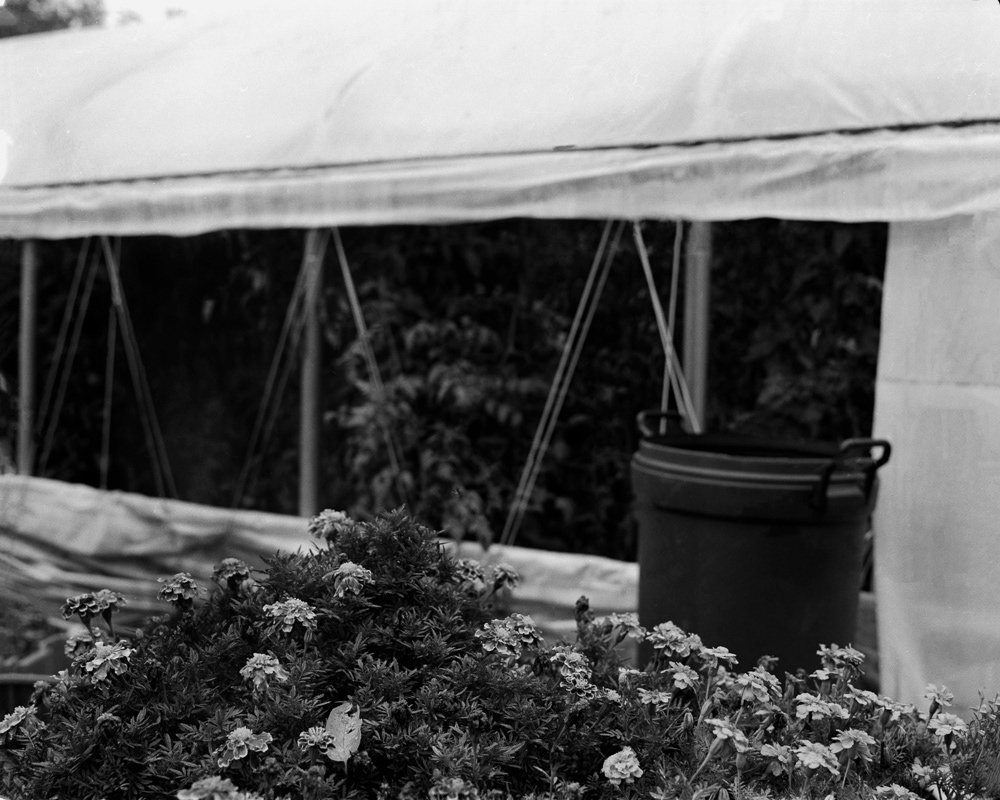
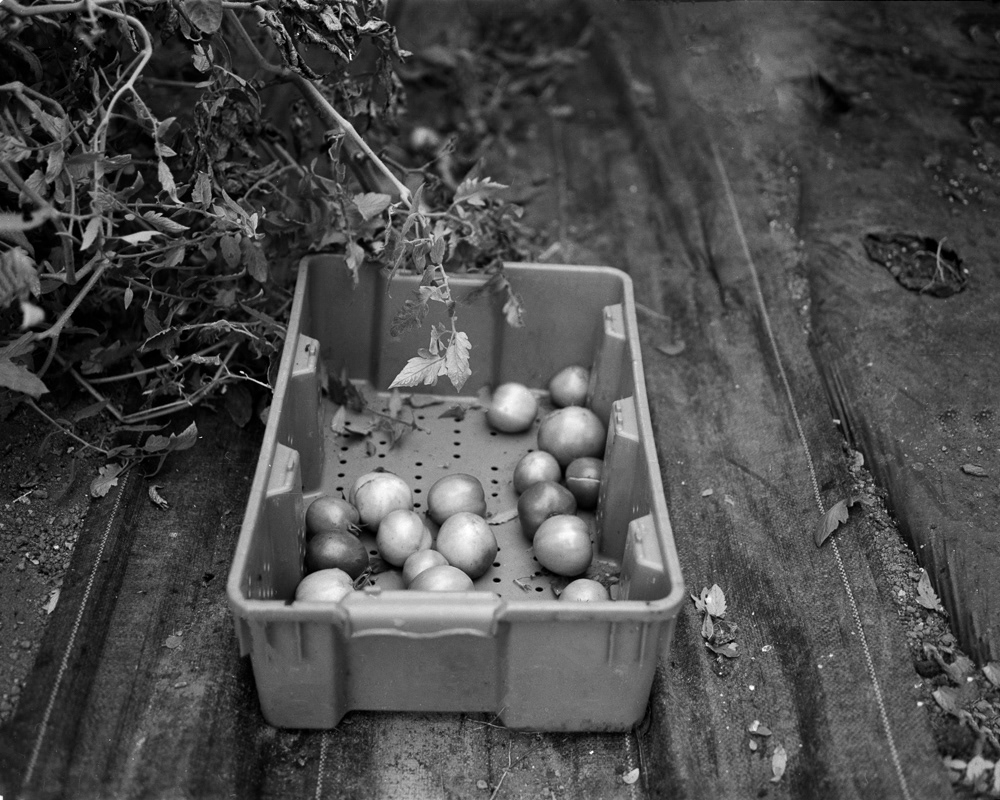
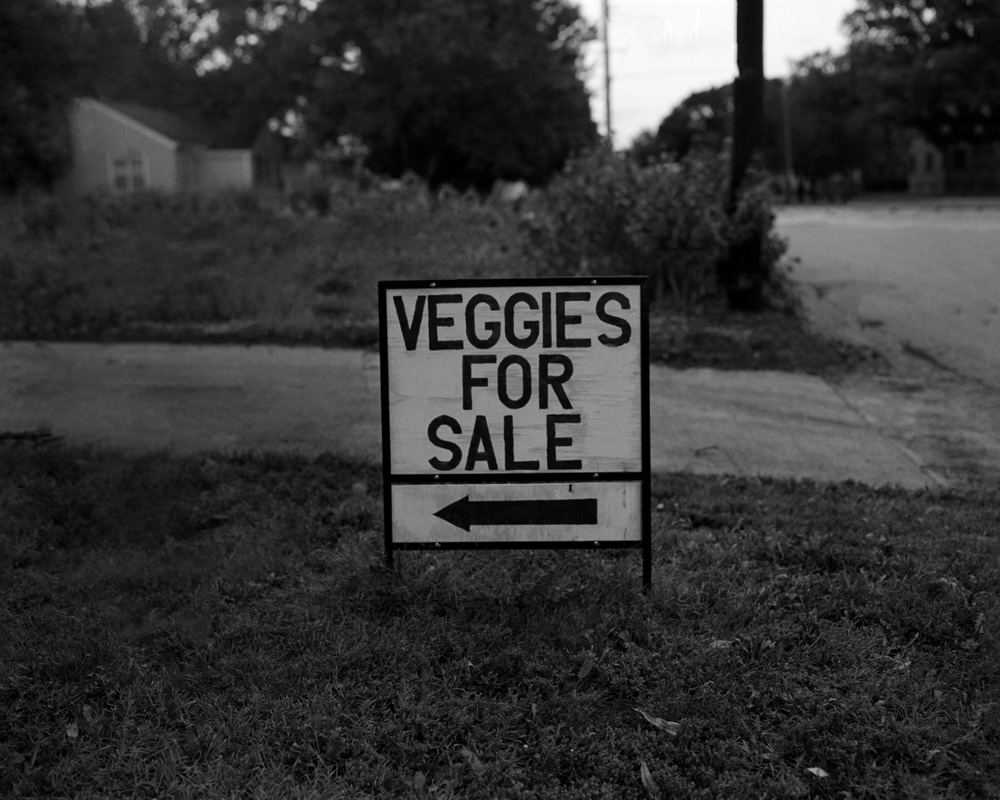
ARTIST STATEMENT:
Growing up on the South Side of Chicago, I have seen hunger first hand, I have even experienced it. I was kind of tone-deaf towards the situation because I should have known about food deserts well. I was raised privileged but I knew tons of kids who came to school without eating breakfast and left without knowing if they were going to have dinner that night.
This food desert project really changed my perspective on how I viewed people living in places where food is scarce. When we first began talking about food deserts, I didn’t even have a clue what that was. I always assumed those who lived in small towns, in places where food was scarce were living in poverty but the food desert field trip showed me that, that wasn’t the case. It was very eye-opening to hear the stories of those people in food deserts. Some people moved and some people stayed because the community. At first I was uncomfortable visiting these areas, but then I realized that they are just regular people trying to live their lives, just like me, they just have a limited availability to food.
While at the grocery store in Jewell, Kansas, I found out that the store had a community meat storage where if community members had no place in their homes, they could place it in the store and come back for it whenever. I also discovered that the store makes food for those who have nothing to eat. No one should ever have to live like that, wondering if they are going to be able to eat dinner tonight or not. The Jewell Grocery Store I went to is the first ever store. The town of Jewell used to have three grocery stores, now there is only the one.
This experience really changed my perspective and it made me want to do more. When I visited First Lutheran church in Manhattan, Kansas, for the breadbasket dinner, I visited their food pantry. I was told that last year, in 2017, a total of 906 families used the pantry for food, kitchen items and toiletries. When it comes to food from the breadbasket dinner, left over food from Kansas State University is used, it is not tossed. Why waste so much food everyday when it can be reused and distributed to those who are less fortunate and hungry?
My favorite part of the trip was visiting the Honor Farm in Concordia, Kansas. Even in cold weather, the owners of the Honor Farm were dedicated to grow the food and get it out there for the people of their community. People who contribute to help their community whether it may be like holding food drives, cook for those who are unfortunate, go grocery shopping for them, are the people who are going to help solve food hunger. If we all come together and realize the problem, we can quickly figure out a solution to help.
